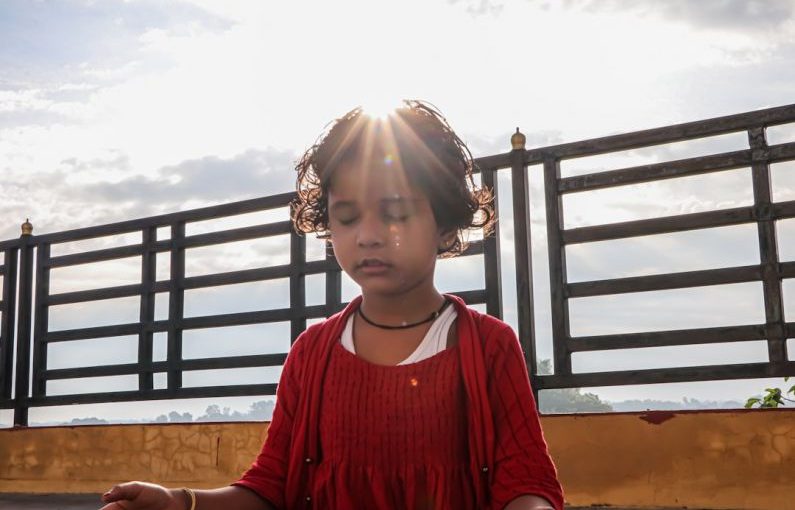In a fast-paced world filled with distractions, teaching children mindfulness practices can have a significant impact on their overall well-being. Mindfulness, the practice of being present in the moment without judgment, has been shown to enhance focus, reduce stress, and improve emotional regulation in children. By incorporating mindfulness techniques into their daily routines, parents and educators can help children develop important life skills that will benefit them both now and in the future.
Benefits of Mindfulness Practices for Children
Mindfulness practices offer a wide range of benefits for children, including improved concentration, emotional resilience, and self-awareness. By teaching children to be present in the moment and observe their thoughts and feelings without judgment, mindfulness helps them develop the ability to regulate their emotions and cope with stress more effectively. Research has shown that children who practice mindfulness regularly are better able to focus on tasks, manage their emotions, and navigate social situations with greater ease.
Simple Mindfulness Practices for Children
There are many simple mindfulness practices that parents and educators can teach children to help them cultivate a sense of presence and awareness. One popular practice is mindful breathing, where children are encouraged to focus on their breath as it moves in and out of their bodies. This practice can help children calm their minds, reduce anxiety, and improve their ability to concentrate.
Another effective mindfulness practice for children is body scanning, where they are guided to pay attention to each part of their body, starting from their toes and working their way up to their head. This practice can help children develop a greater awareness of their physical sensations and learn to identify and release tension in their bodies.
Mindful eating is another valuable practice that can help children develop a healthier relationship with food. By encouraging children to eat slowly, savor each bite, and pay attention to the flavors and textures of their food, parents can help them cultivate a greater appreciation for nourishing their bodies and develop mindful eating habits that can last a lifetime.
Incorporating Mindfulness into Daily Routines
To make mindfulness a regular part of children’s lives, it is important to incorporate these practices into their daily routines. Parents can set aside time each day for mindfulness activities, such as a few minutes of mindful breathing before bedtime or a short body scan exercise after school. By making mindfulness a consistent part of their children’s routines, parents can help them develop a strong foundation for cultivating mindfulness in all areas of their lives.
It is also helpful to model mindfulness practices for children by practicing them together as a family. Parents can lead by example by practicing mindfulness themselves and demonstrating how to integrate mindfulness into daily activities, such as taking a mindful walk in nature or practicing gratitude at the dinner table. By showing children that mindfulness is a valuable tool for managing stress and enhancing well-being, parents can inspire them to embrace mindfulness as a lifelong practice.
Encouraging Mindfulness in Children
Encouraging children to practice mindfulness may require patience and persistence, as some children may initially resist or find it challenging to focus their attention. Parents and educators can support children in their mindfulness practice by offering gentle guidance, positive reinforcement, and creating a supportive environment where children feel safe to explore their thoughts and emotions.
By highlighting the benefits of mindfulness and encouraging children to approach these practices with curiosity and an open mind, parents can help children develop a deeper understanding of themselves and the world around them. With consistent practice and encouragement, children can cultivate mindfulness skills that will serve them well throughout their lives, helping them navigate challenges with resilience, compassion, and clarity.
Embracing a Mindful Future
As we navigate an increasingly complex and fast-paced world, teaching children mindfulness practices is more important than ever. By equipping children with the tools they need to be present, self-aware, and compassionate, parents and educators can help them thrive in all aspects of their lives. By incorporating mindfulness into their daily routines, children can develop a strong foundation for emotional well-being, resilience, and success, setting them on a path toward a mindful and fulfilling future.





